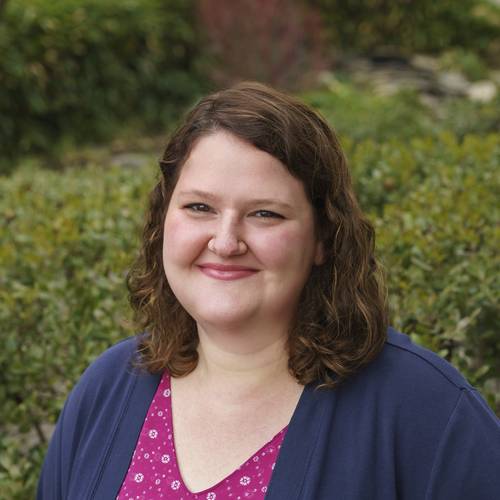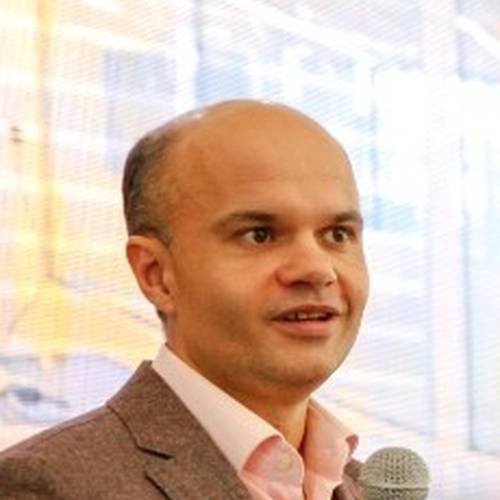About This Webinar
Ultrafast lasers have become critical for a wide range of applications including medical lasers, materials processing, and nonlinear imaging and microscopy. One of the most important specifications for the optics used with these short laser pulse durations is group delay dispersion (GDD), which characterizes how ultrafast pulses are stretched or compressed temporally as they move through optical media. Maintaining short pulse durations is essential to ultrafast system performance.
One of the most effective tools for characterizing GDD is white light interferometry. Wheeler, Ultrafast Laser Optics Engineer at Edmund Optics, and Pervak, from UltraFast Innovations (UFI), highlight the basics of GDD, the fundamentals of white light interferometry, and key considerations for successfully characterizing GDD.
*** This presentation premiered during the
2023 Photonics Spectra Optical Metrology Summit. For more information on Photonics Media conferences and summits, visit
events.photonics.com.
About the presenters

Olivia Wheeler, Ph.D., joined Edmund Optics as an ultrafast laser optics engineer in December 2021. In this role, she guides customers through choosing the correct optical components for their ultrafast laser systems. Wheeler obtained her doctorate in physical chemistry from the University of North Carolina at Chapel Hill in 2020.
During her graduate studies, she primarily conducted ultrafast pump-probe spectroscopy and microscopy studies of novel materials for solar cells. Wheeler previously worked as a post-doctoral research associate at Purdue University, where she focused on ultrafast instrumentation development, specifically pump-probe microscopy with 10fs pulses.

Vladimir Pervak, Ph.D., received his master’s degree in physics from the Kiev National Taras Schevchenko University, Ukraine, in 2004. In 2006, he received his doctorate in physics at the Max-Planck-Instiute of Quantum Optics, Germany, and Kiev National Taras Schevchenko University, Ukraine.
Currently, he leads a team in the research group of Prof. Ferenc Krausz at the Max Planck Institute of Quantum Optics and Ludwig Maximilians University both in Munich. He has more than 200 technical and scientific publications. His research interests include interference coatings, ultrafast sources, and nonlinear optics.